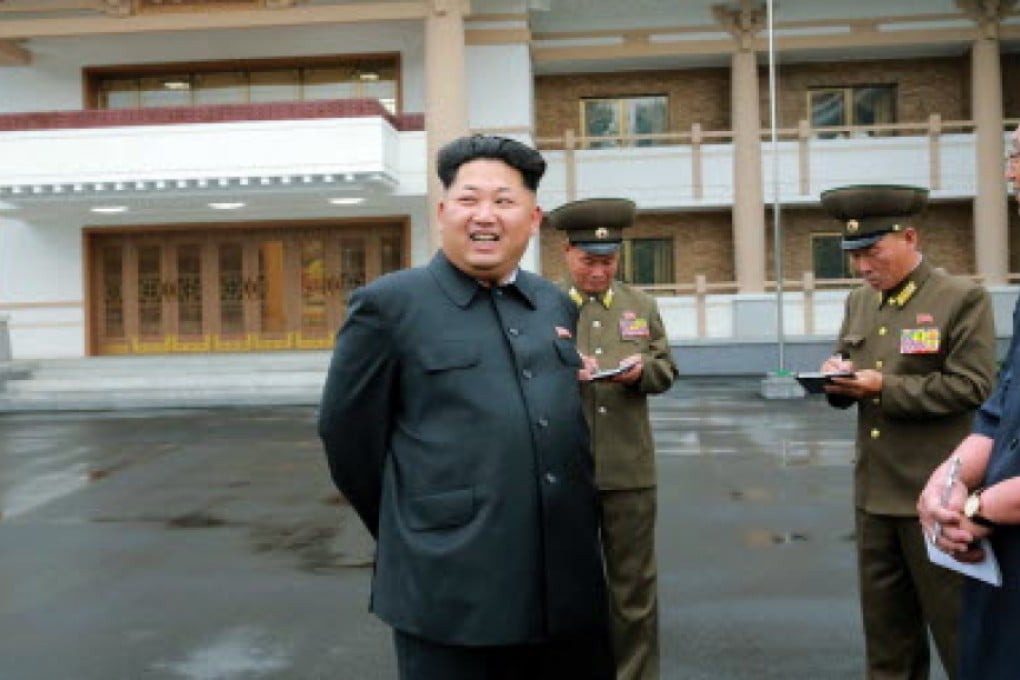US needs to make informal contact with North Korea to improve ties
Yoon Young-kwan says given the different ways the US has dealt with Bush's 'axis of evil', informal contact with Kim may be the best strategy now

In 2002, President George W. Bush famously described Iraq, Iran and North Korea as an "axis of evil". In the years since, however, America has not treated each in the same way. The differences are highly instructive.
Bush and his hardline advisers believed that only force or "regime change" would stop these "rogue" states' terrorism or their programmes acquiring "weapons of mass destruction". So, in March 2003, the United States invaded Iraq, resulting in near-constant civil war for more than a decade and the rise of the Islamic State.
In Iran, then president Mohammad Khatami offered what might have been a reasonable deal to curb the country's nuclear programme. But Bush and his team preferred to pressure Iran with sanctions and military threats. It was only when another moderate president, Hassan Rowhani, took office in 2013 that hope for a negotiated solution could be revived.
US policymakers should have only limited goals in dealing with North Korea, and should recognise they will be achieved only by linking them to economic benefits for Kim Jong-un's regime
Fortunately, US President Barack Obama did not miss the opportunities presented to him.
But what of North Korea, the last member of that notorious axis? Bush's administration preferred a harder line than previously, using the so-called six-party talks, begun in 2003 and involving the US, China, Russia, Japan, and North and South Korea, to act almost as a pressure cooker.
When Obama entered office in January 2009 and offered to "extend a hand" to Bush's rogue states, optimists hoped for the negotiated denuclearisation of North Korea. Sadly, North Korea has betrayed the US at least three times since then: it conducted a second nuclear test in May 2009; launched a satellite in April 2012 in defiance of UN Security Council resolutions; and did a third nuclear test in February 2013. Against that behaviour, optimism is hard to sustain.
What should the experience with the "axis of evil" trio tell US policymakers? First, aiming for "policy change" makes more sense than striving for regime change.